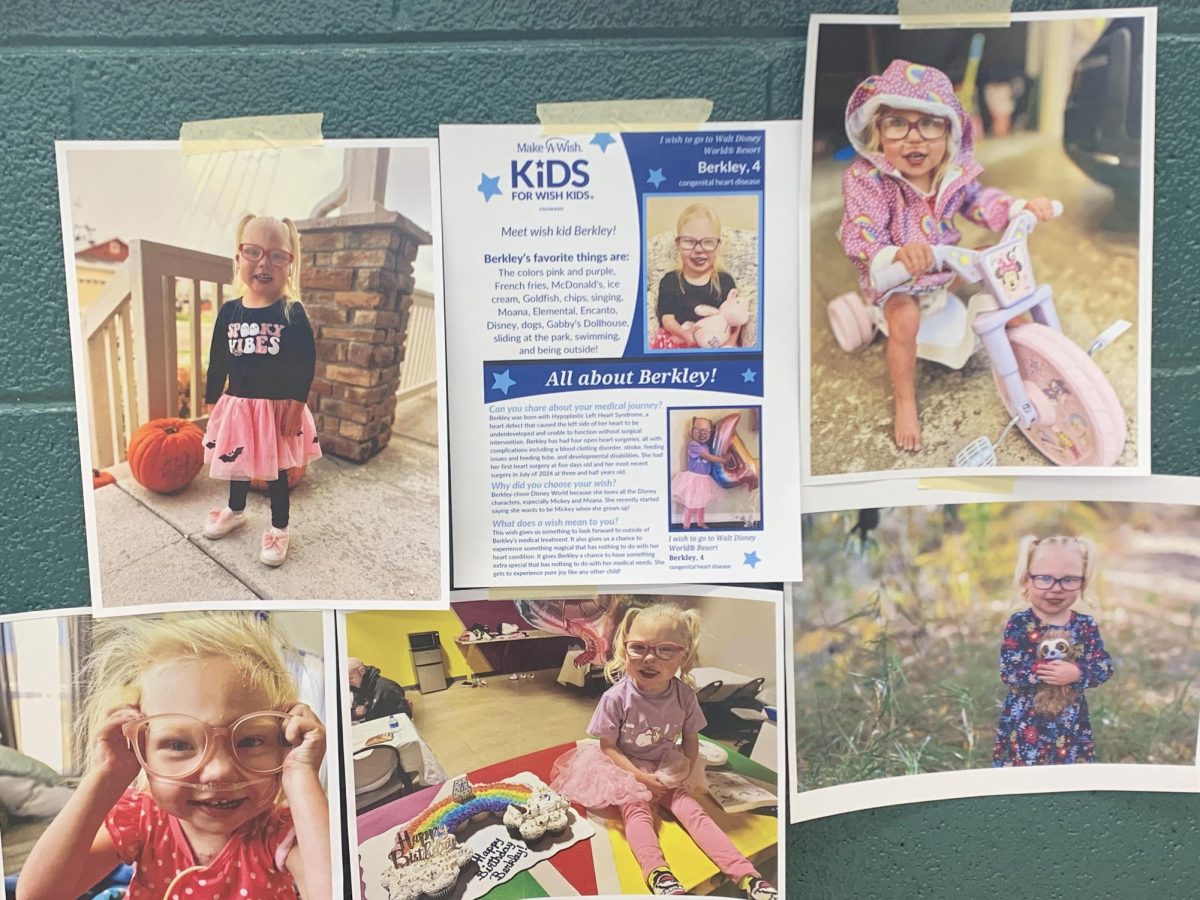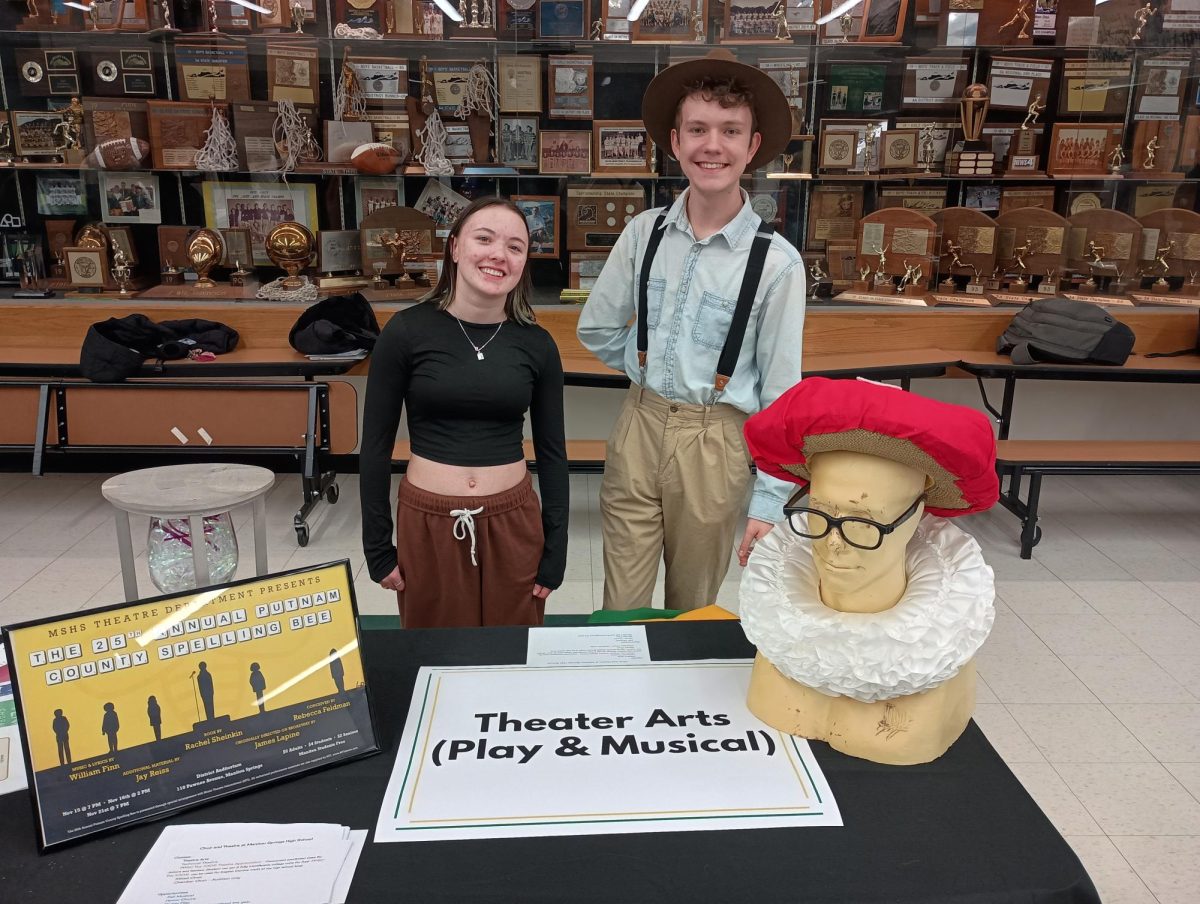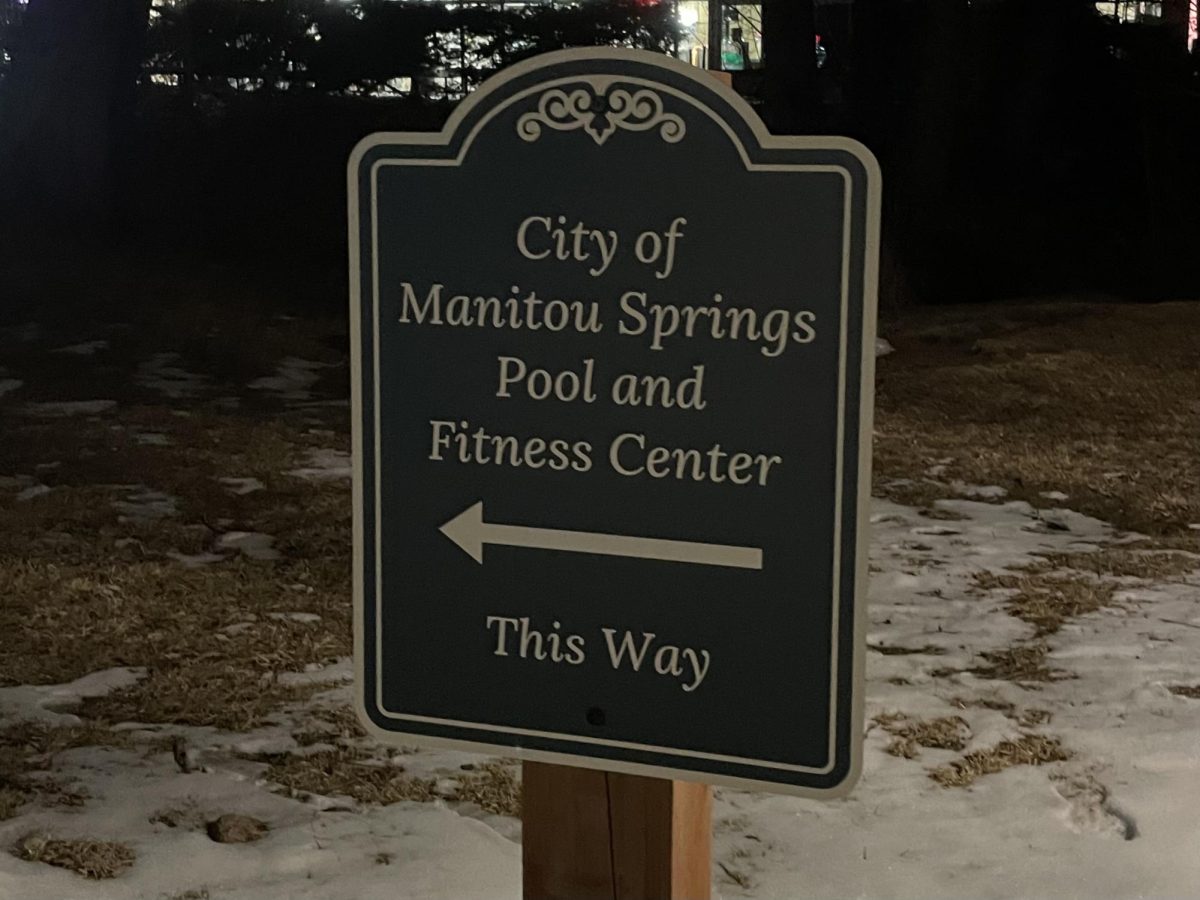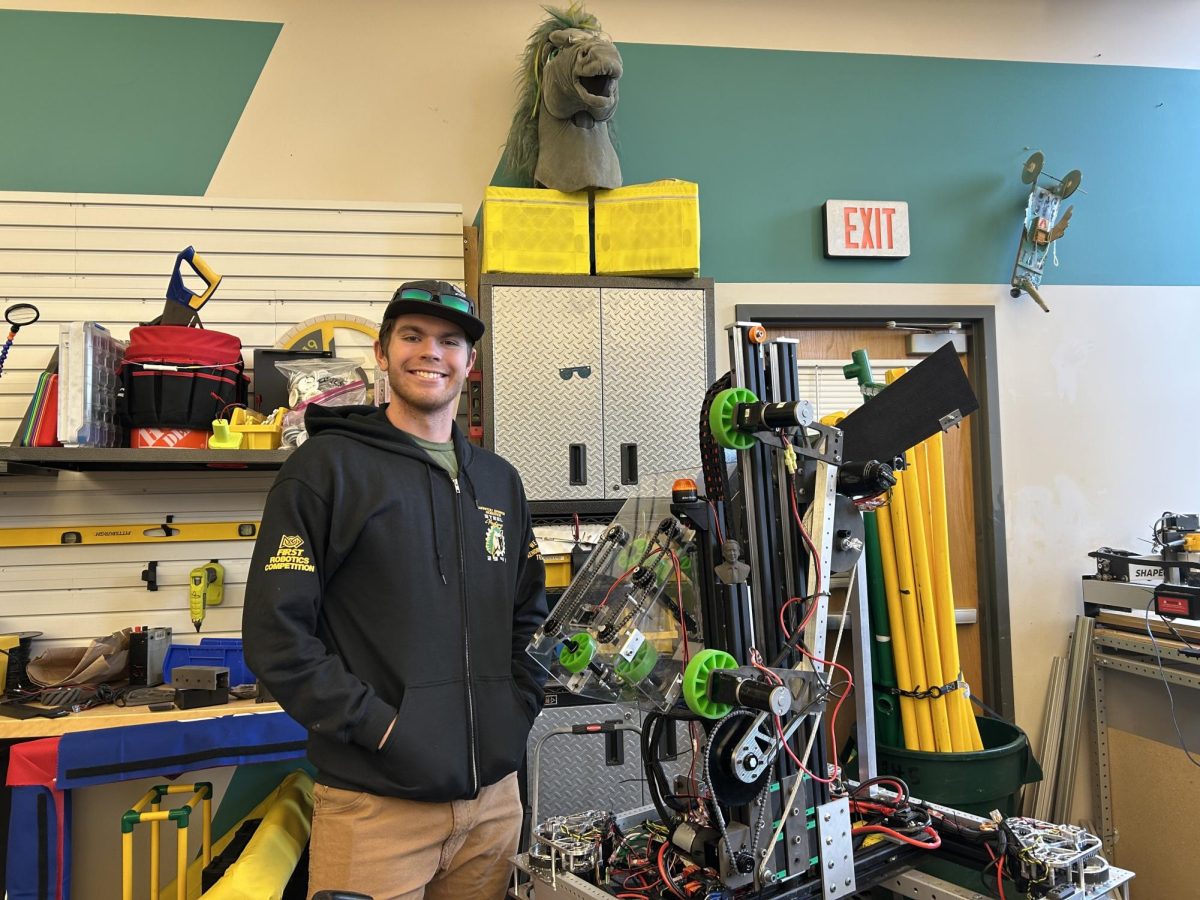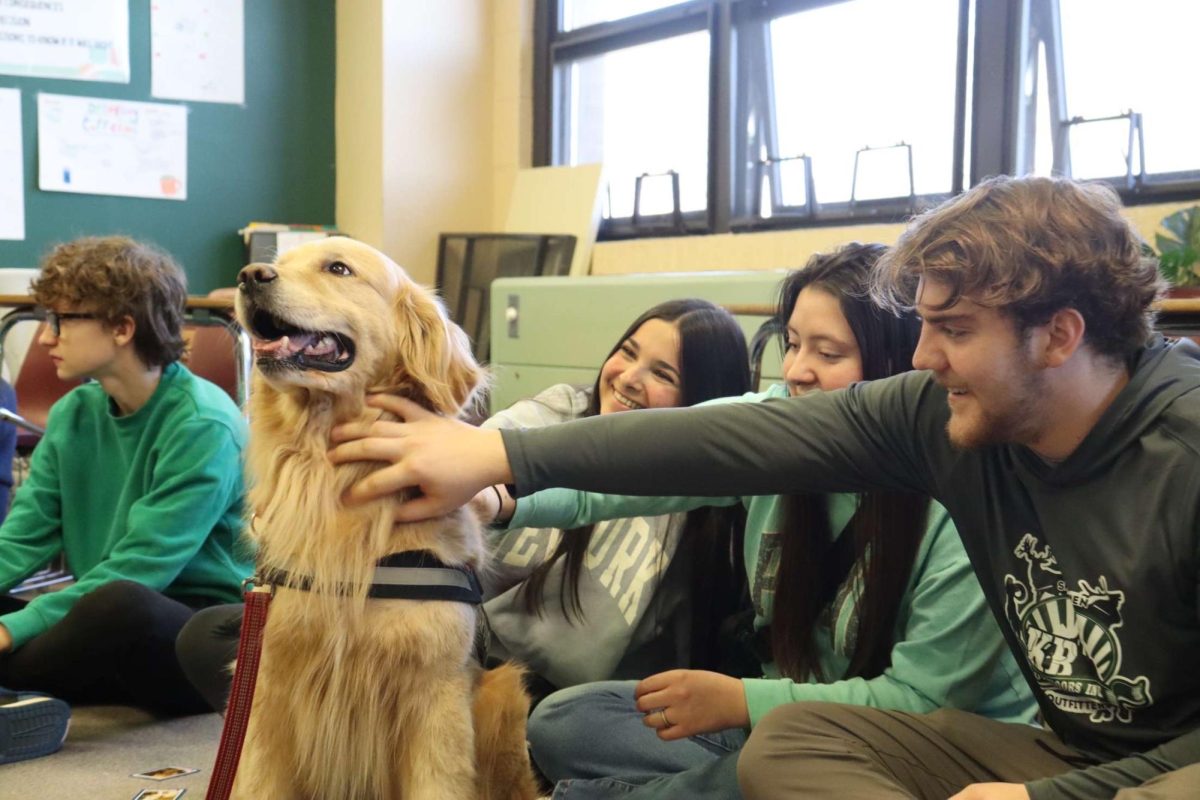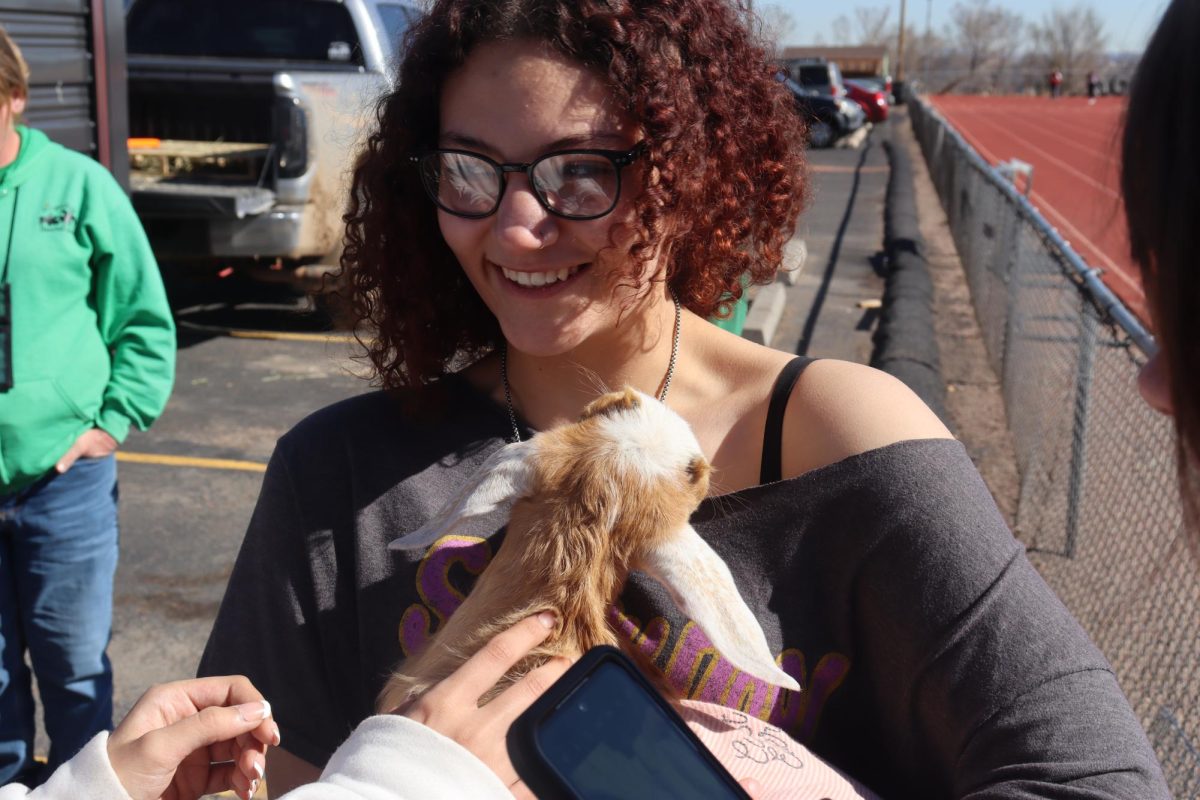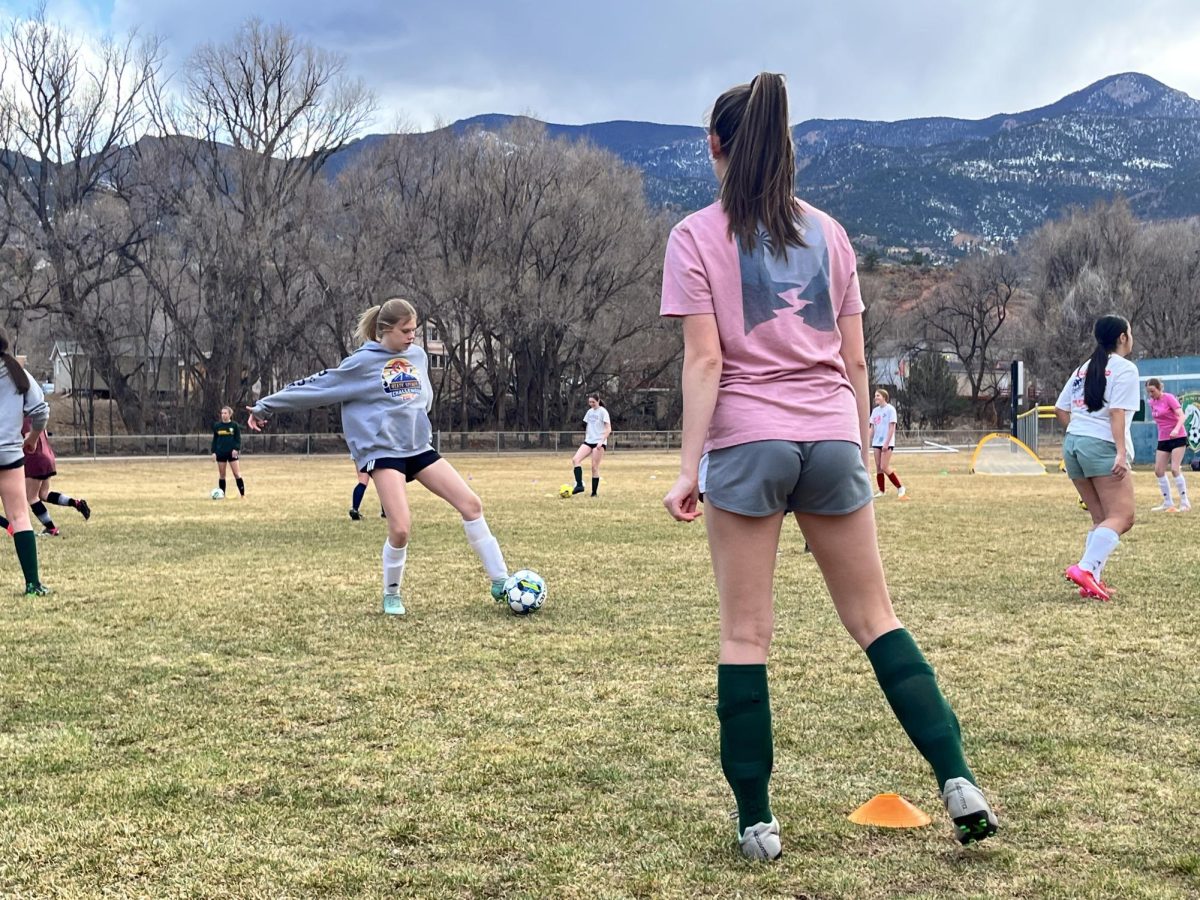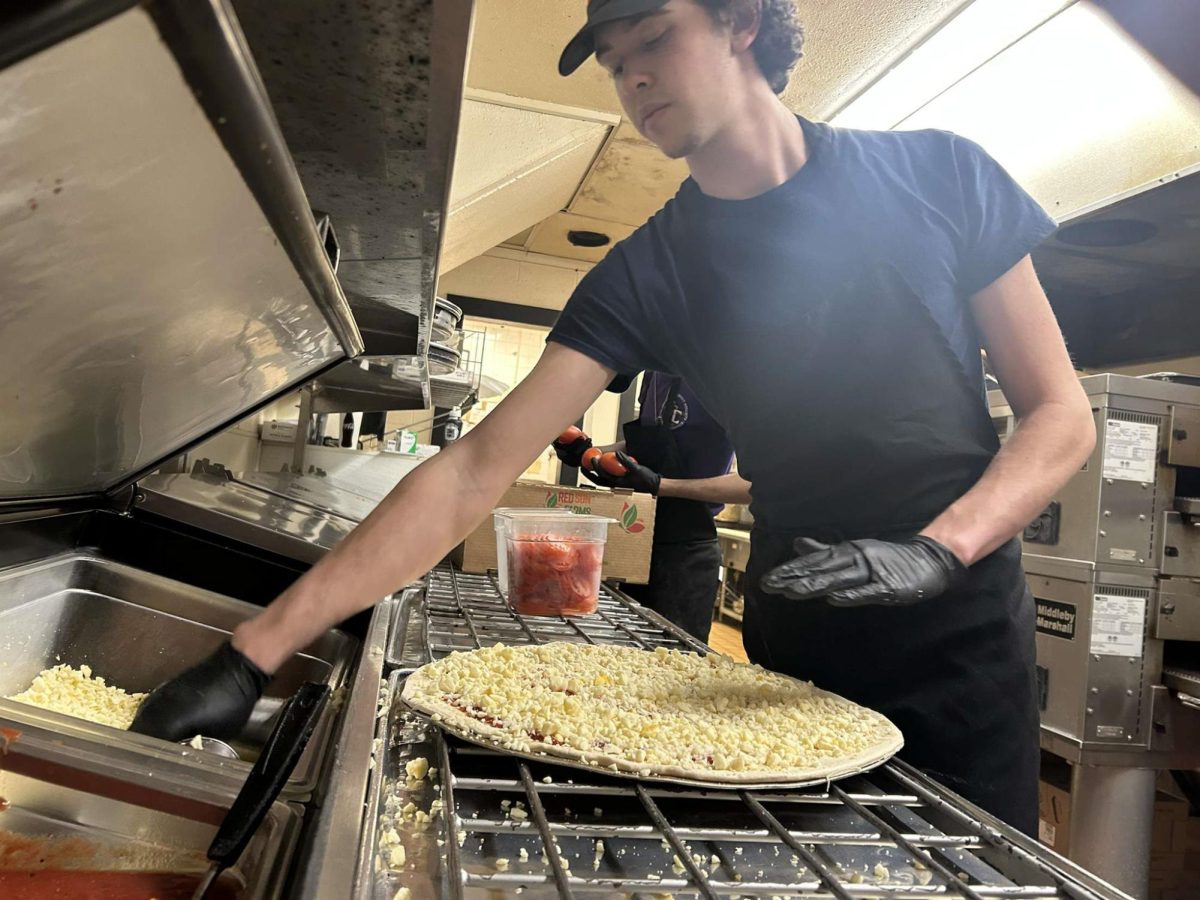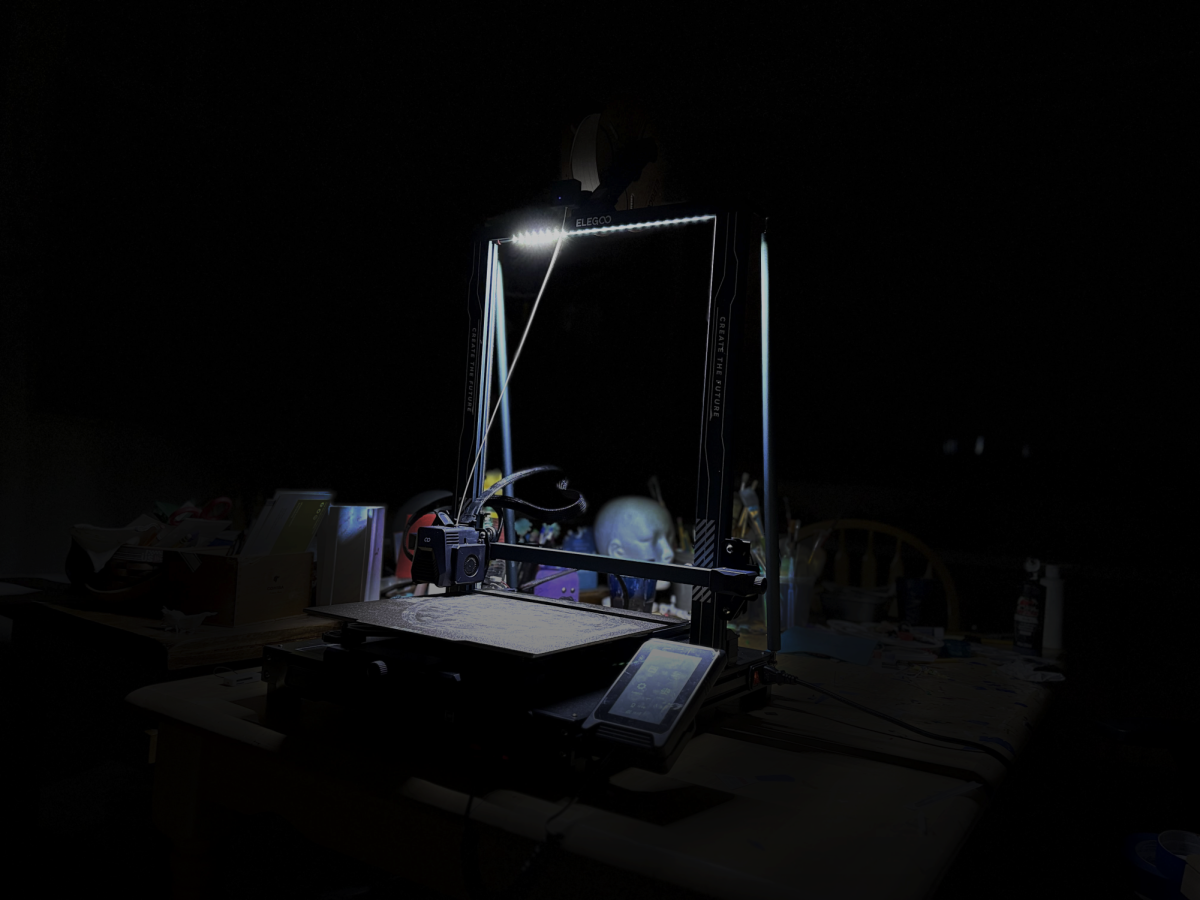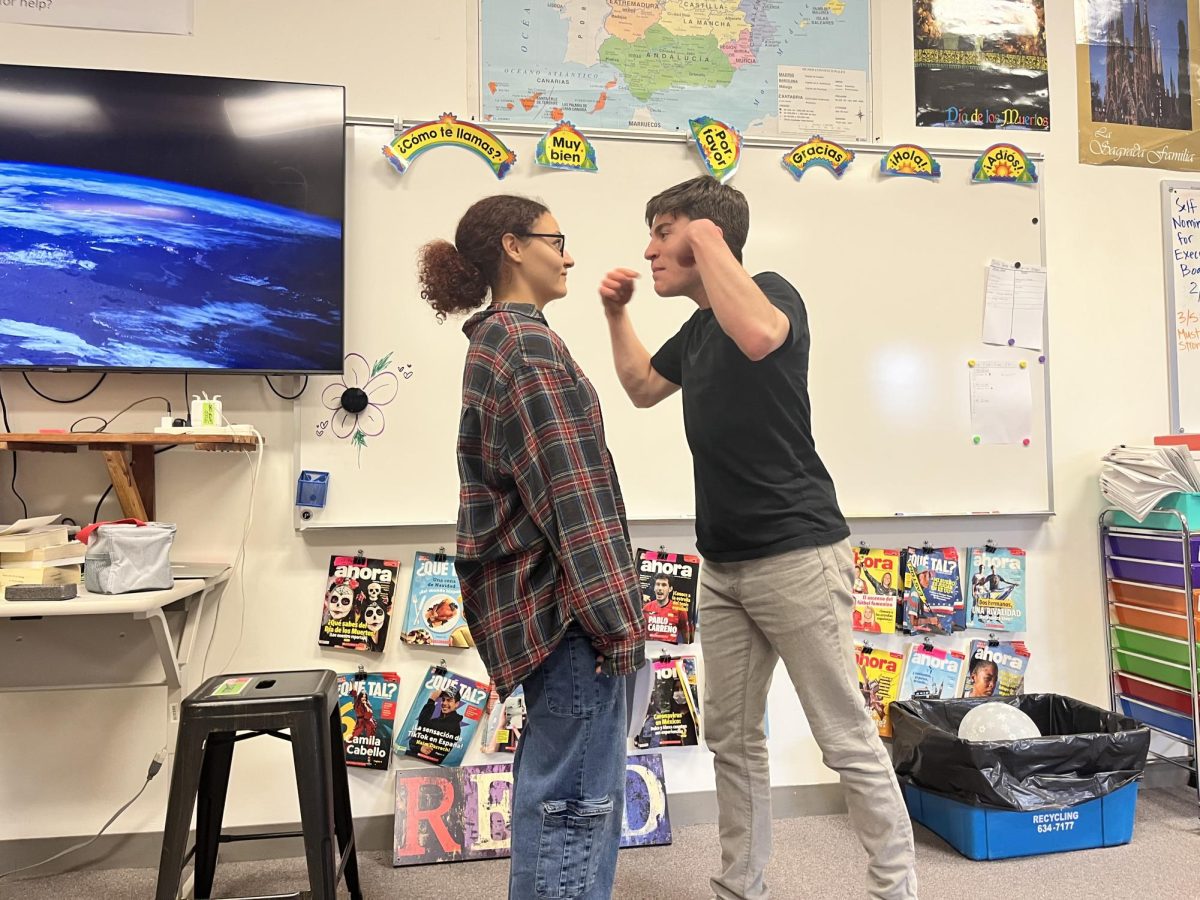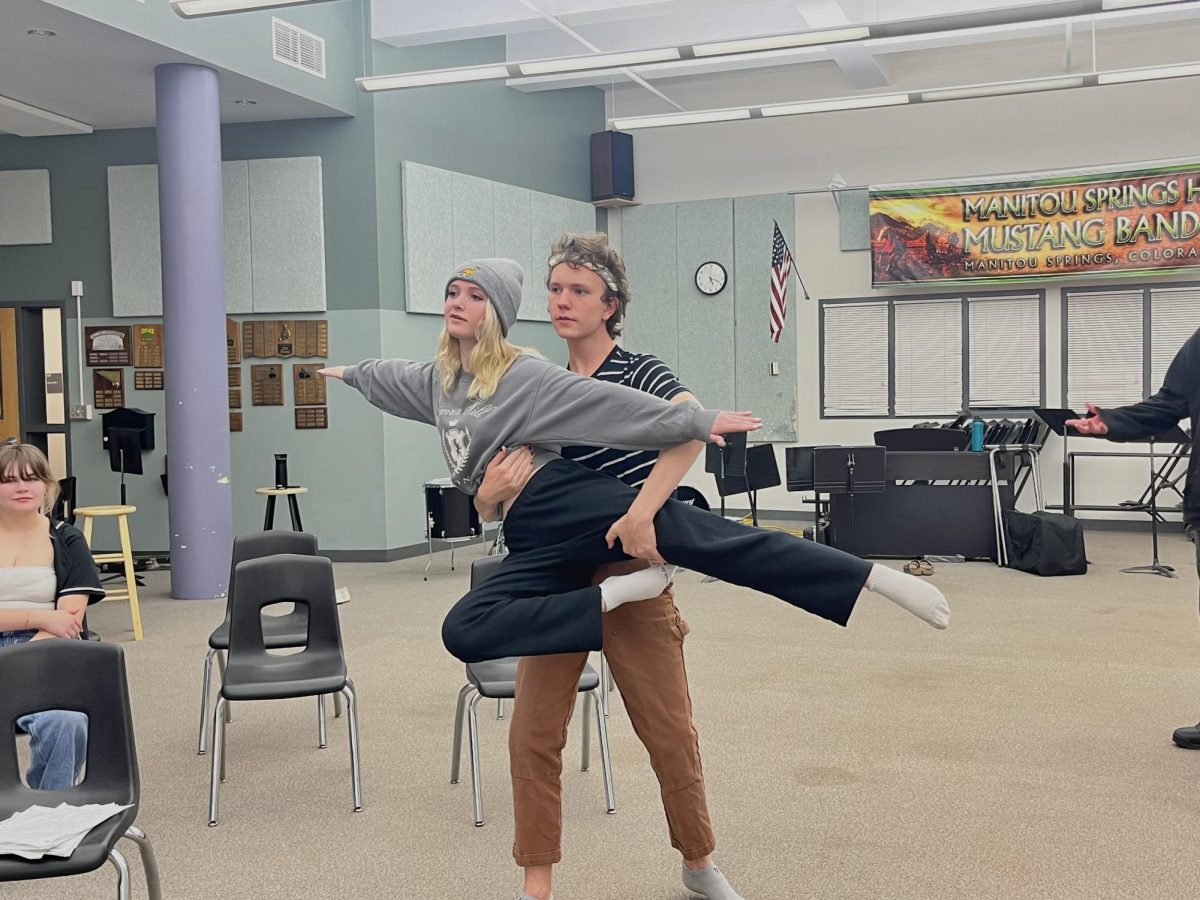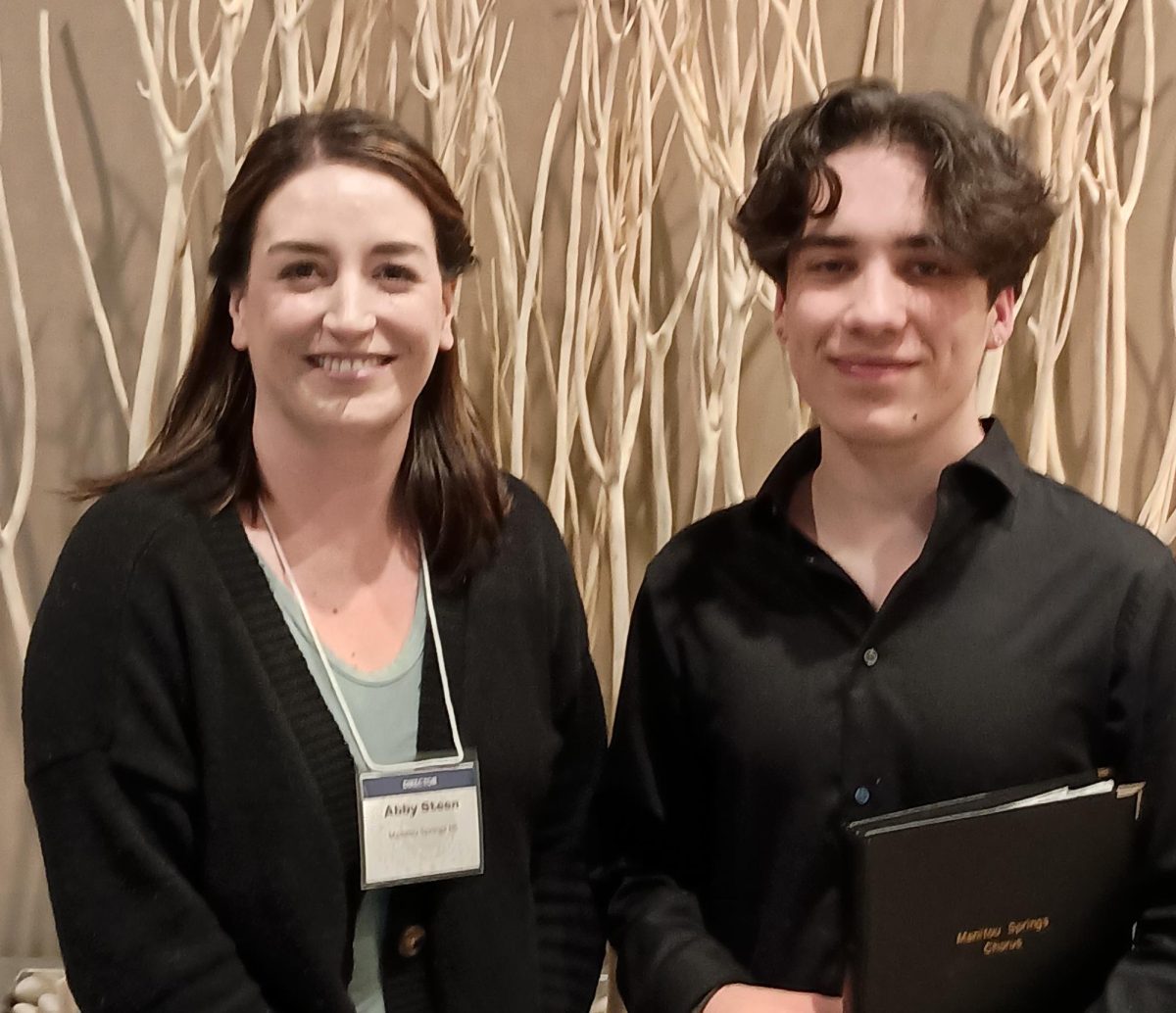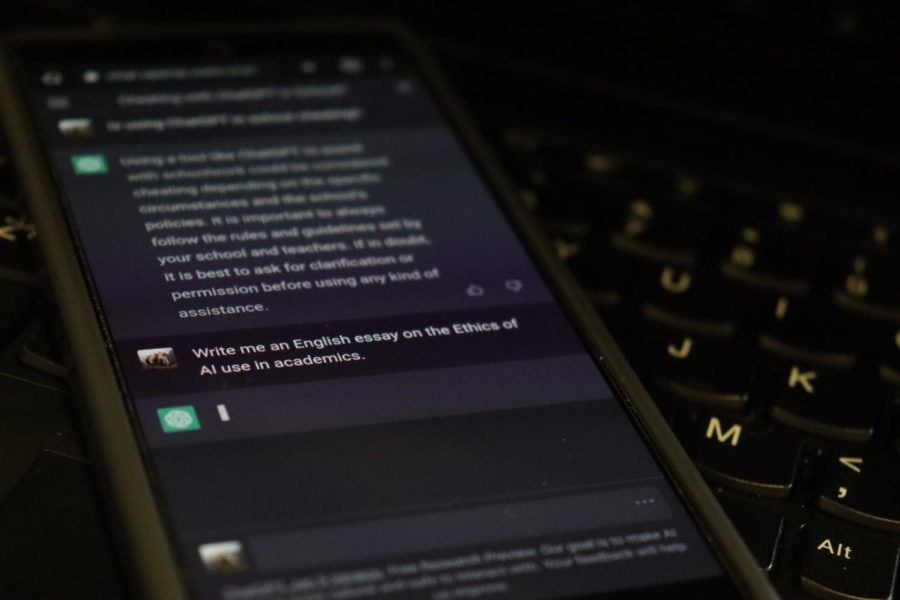New AI used for Academic Dishonesty. Where is the line?
With it’s ease of use and accessibility. ChatGPT is a popular software for cheating on English oriented assignments and essays in the U.S.
February 1, 2023
The use of AI has increased dramatically in popularity over the past few months, with the program’s main purpose being to generate creative, human-like conversations from a large database. Artificial intelligence, mainly ChatGPT AI was reported to be used last semester to write essays for students during their finals.
ChatGPT was launched on November 30, 2022. It quickly became popular due to its sophisticated language capabilities and the fact it is completely free to use. For high schools across the country, this led to a wave of AI use on English assignments and essays.
“A story as old as time,” English teacher Riley Walker said. “Students taking the easy way out to avoid the work of critical thought, that’s not terribly surprising. I’m less disappointed in the students and more disappointed that someone could design assessments that are so easily cheated on.”
Several students hold similar views on the matter.
“It completely defeats the purpose of education,” senior Elanor Fugate said. “It’s annoying to write an essay, yes, but that doesn’t make AI use in academics excusable.”
While people questioned the consequences of cheating, another issue arose regarding the sophistication of ChatGPT’s AI. The high sophistication meant it was near impossible to prove a student did not do it. It can be extremely difficult to prove a student was cheating, but it can be a challenge to realize they’ve cheated in the first place.
“It’s gotten to the point where you can give it a prompt and it can write something uncannily human sounding for you, which is simultaneously really cool and absolutely terrifying to me,” Fugate said.
This development in AI technology has been a topic of some concern for some time. However, most of this fear can be projected from media like movies, video games and fictional novels.
As for laws regarding AI, Colorado has not made much AI-related legislature in recent years, except the CO S.B. 113, which created a task force focusing on Facial Recognition AI.
“Technology is not inherently problematic, but the ways in which humanity weaponizes technology can be extremely destructive,” English teacher Jessica Moen said. “If I could change people’s intentions to use technology as a vehicle for destruction, I would.”
While AI can be used dangerously, it also has potential real-world applications. ChatGPT describes its possible uses as “wide ranging, from Chatbots to Language Translation. It can also be used for development and content creation in education and training.”
Several programs have been developed to automatically scan assignments and other documents for the likeness of them being AI-generated so schools can recognize when students are utilizing AI.
“I am in the habit of running student writing through a plagiarism checker whenever the tone and style deviate from what the student produces in class on shorter tasks,” Moen said. “There are already AI writing tools available in response to the AI writing applications, so I imagine I will make use of them whenever I receive a response that is a suspect.”
Some people are debating whether using AI is cheating at all. “I don’t think it supports cognitive development or critical thinking, but I could see a way to use it as a tool for deepening understanding of writing, if you apply critical thinking and critical reading skills to the writing it produces,” Walker said.
Whatever one’s view is on AI use in academics, the reality is that it has arrived. Time will tell how this affects the future.
“I waffle back and forth between hopeful and resigned,” Walker said. “Maybe we can use ChatGPT to produce ad copy, which will save someone from using their divine creativity to hawk widgets, but even then, there goes another job.”

